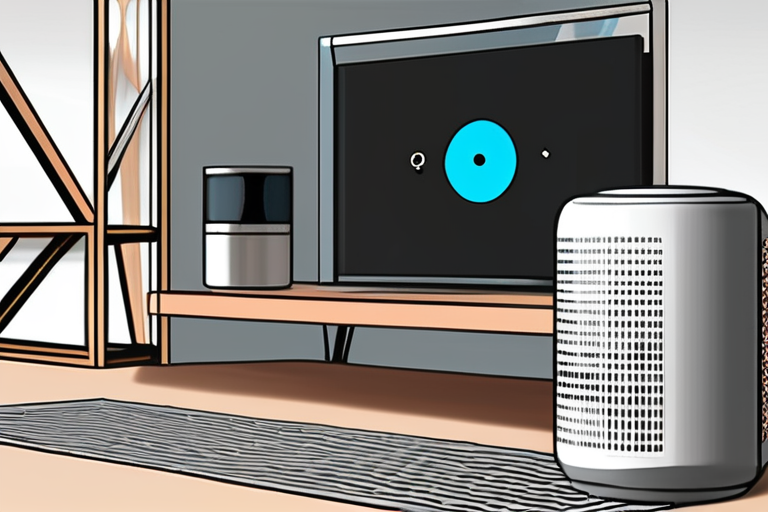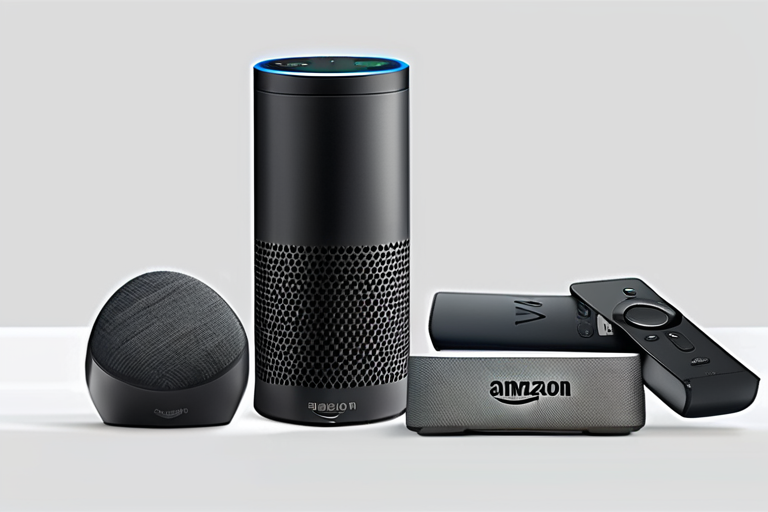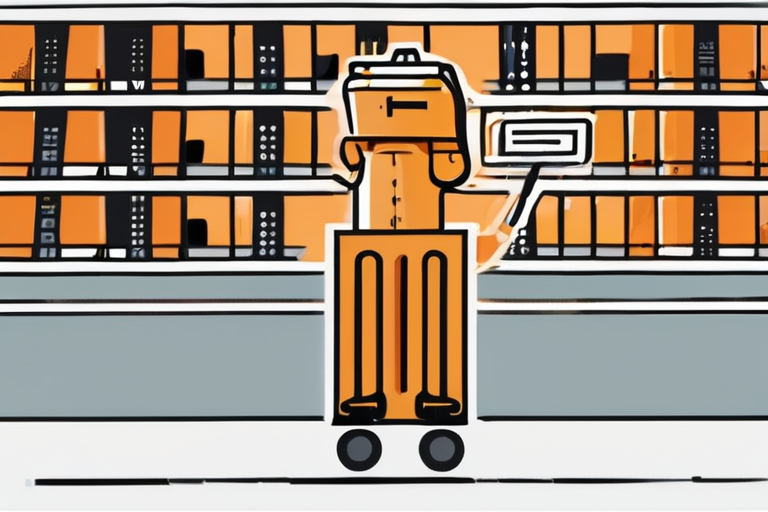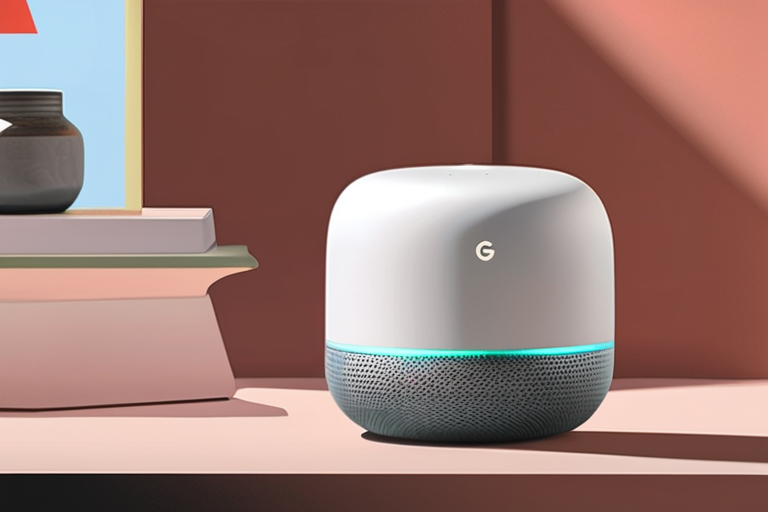

Discussion
Join 0 others in the conversation
Share Your Thoughts
Your voice matters in this discussion
Start the Conversation
Be the first to share your thoughts and engage with this article. Your perspective matters!
More Stories
Discover articles from our community

Amazon Unveils Next-Gen Alexa, Echo, Ring, Fire TV, and More at Fall Hardware Event
 Hoppi
Hoppi

"Amazon Unveils Groundbreaking New Devices at Fall Hardware Event"
 Hoppi
Hoppi

"Amazon Unveils Revolutionary Devices at Highly Anticipated Event"
 Hoppi
Hoppi

Amazon Unveils Next-Gen Hardware Integrating Alexa at September 30 Event
 Hoppi
Hoppi

"Amazon Unveils Game-Changing Devices at Highly Anticipated Event"
 Hoppi
Hoppi

Google Unveils Next-Gen Smart Speaker with AI Capabilities That Shine
 Hoppi
Hoppi

Amazon Unveils Next-Gen Alexa, Echo, Ring, Fire TV, and More at Fall Hardware Event
Amazon Fall Hardware Event Live Updates: Alexa 2.0, Echo, Ring, Fire TV, Kindle, More Seattle, USA - Amazon's highly anticipated …

Hoppi

"Amazon Unveils Groundbreaking New Devices at Fall Hardware Event"
Amazon Unveils New Hardware, Alexa Updates at Fall Event At an event in New York City on [date], Amazon senior …

Hoppi

"Amazon Unveils Revolutionary Devices at Highly Anticipated Event"
Amazon Unveils New Products at 2025 Event, Expanding Smart Home Offerings At its latest event in 2025, Amazon unveiled several …

Hoppi

Amazon Unveils Next-Gen Hardware Integrating Alexa at September 30 Event
Amazon's Fall Event: What to Expect from the Tech Giant's Latest Hardware Developments On September 30, Amazon will host a …

Hoppi

"Amazon Unveils Game-Changing Devices at Highly Anticipated Event"
Amazon Unveils New Products, Expands Smart Home Offerings at 2025 Event At its highly anticipated event in 2025, Amazon took …

Hoppi

Google Unveils Next-Gen Smart Speaker with AI Capabilities That Shine
Google Unveils New Smart Speaker with Upgraded AI Capabilities Yesterday, Google announced the release of its latest smart speaker, the …

Hoppi
